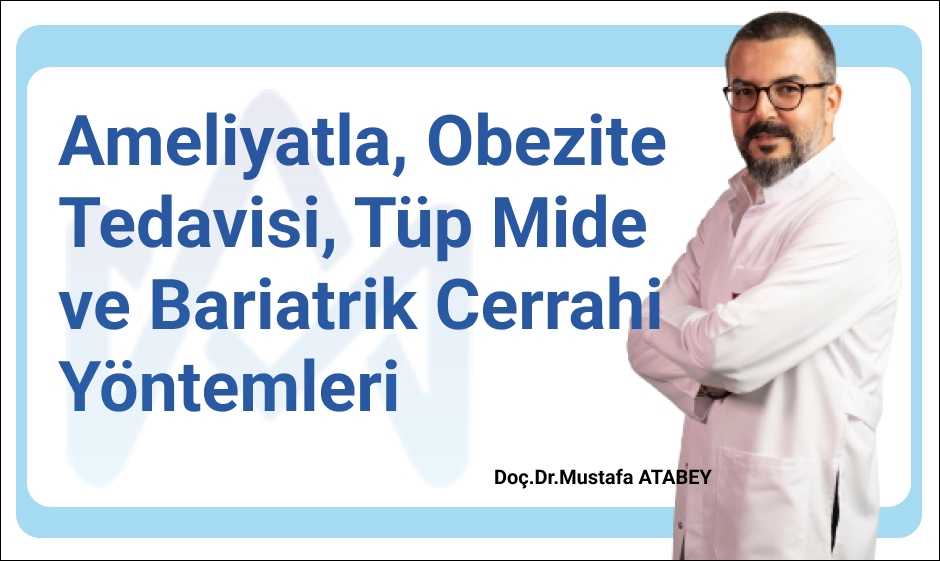
Who Gets Cancer Most?
Each type of disease has certain risk factors. Risk factors are evaluated as every detail that increases the probability of getting this disease. And for cancer, certain risk factors have been identified in line with the researches done so far. Thanks to cancer risk factors, the process of diagnosing people with a high probability of developing cancer becomes easier. And each individual with risk factors has a high probability of developing cancer. Again , risk factors are of great importance for the cancer treatment process.
Before answering the question of who has cancer most, let's give a brief information about cancer risk factors. Because each individual afflicted with cancer consists of the people with the highest risk factors.
Risk factors have an important place in determining your risk of getting cancer or not.
Cancer Risk Factors
No clear cause of cancer has yet been determined. Different types of cancer can develop due to different reasons. However, when you consider all types of cancer in general terms, there are very important risk factors that trigger cancer formation. Risk factors also play an important role in cancer treatment .
Cancer risk factors are collected in 4 different groups.
Behavioral Risk Factors
Some habits you have in daily life trigger the formation of cancer. Smoking and alcohol consumption, unconscious diets, a life without sports and exercise are among the prominent risk factors in the formation of cancer. You should know that when you pay attention to these habits and lead a healthier life, the risk of developing cancer decreases.
Biological Risk Factors
Physical characteristics of individuals such as age, gender and race are considered as biological risk factors. Biological features may be risk factors for certain cancer types.
For example, some types of cancer may be directly related to gender. While breast cancer can be dangerous for both women and men, women have a much higher risk of developing breast cancer. Again, many types of cancer are more common in patients aged 50 years and older.
Biological risk factors are not conditions that individuals can prevent. However, the most important point here is that individuals with biological risk factors can detect the early diagnosis process by having regular cancer screenings.
Environmental Risk Factors
The environmental conditions in which individuals live or work may include risk factors that lead to the development of cancer. Environmental risk factors such as air pollution, UV radiation rays, asbestos and radon are known as the effects that trigger and accelerate the formation of cancer. At the same time, some foods that are taken with the diet and contain carcinogens can be considered as environmental risk factors.
Genetic Risk Factors
Cancer risk can occur with genes inherited from the family. Especially in individuals diagnosed with cancer at a young age, families with a history of cancer are frequently detected. Therefore, genetic factors may be one of the causes of cancer.
The risk factors discussed in the 4 different groups we have mentioned above are among the most important causes that trigger the formation of cancer. Individuals exposed to these risk factors are more likely to develop cancer. However, it would be wrong to make a definition that being exposed to these risk factors will definitely cause cancer.
Cancer Formation in Advanced Age
The most important risk factor identified in the formation and development of cancer types is age. The vast majority of cancer patients are individuals over the age of 50. Age factor is also one of the most important factors in the stage of cancer treatment .
The main reason for the formation of cancer in advanced ages is the accumulation of damages in DNA and therefore the uncontrolled proliferation of cells. Some damage occurs as a result of exposure of people to many different carcinogenic conditions and foods in daily life. And these damages are effectively repaired by the DNA repair system. However, the immune system is a powerful system that prevents cells from multiplying uncontrollably. In advanced age patients, DNA damage will no longer be able to be repaired effectively and will not be able to take on a preventive task because the immune system is weakened. For this reason, the risk of cancerous cells being seen in advanced age will always be higher.
Although cancer is described as a disease of old age, cancer diseases can be seen at young ages depending on different risk factors.

.svg.png)













